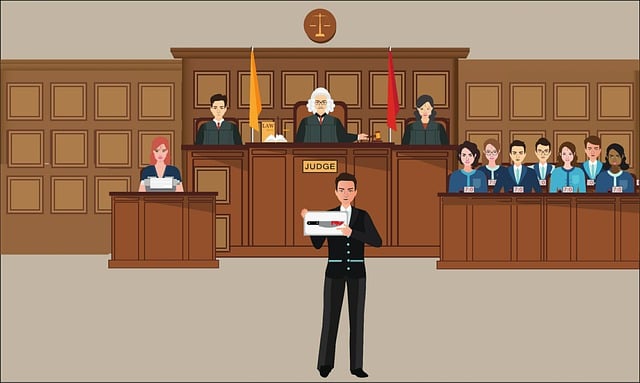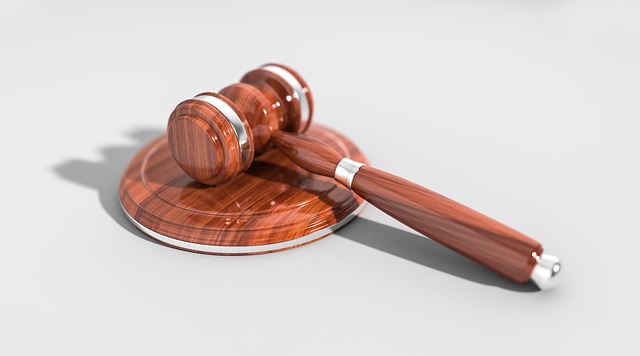It’s easy to feel oppressed and overwhelmed by the criminal justice system. It might have long-lasting consequences depending on the nature of the accusations you face. Knowing the potential severity of the situation can help you make better decisions about your defensive plan.
In this article, we’ll go over what happens when facing criminal charges and what kind of penalties you could face if convicted. You should prepare for this challenging scenario and ensure that your rights are protected at every stage of the process if you know the possible challenges ahead.
Arrest
An arrest will happen for many different types of offenses, especially the more severe ones like felony charges. This is the first thing you should expect when facing criminal charges, and this is the time when you should call a lawyer. As stated at defencelawyersvic.com.au, you’ll need a lawyer who is up to the task of protecting your rights and presenting your case. Once law enforcement has gathered enough evidence to show reasonable cause that you committed the crime, you will either be arrested on the spot or have an arrest warrant issued. A court will then issue an arrest warrant for you, detailing the offense or crimes with which you are accused.
You will be placed into the law enforcement agency’s database whether you are arrested because a court issues a warrant for your arrest or because you are apprehended at the scene of the crime. The police must provide you with a copy of the arrest warrant prior to making an arrest.
Arrest Report
When an arrest is made, the police officer must file a report with the local DA. The report contains the arrest itself as well as the circumstances surrounding it (dates, times, locations, witnesses, etc.). Despite the fact that the police officer “charges” the suspect with a crime, the district attorney still has the right to investigate the case. After reviewing the arrest report and the evidence obtained, the district attorney can refuse to file charges, file other or more severe charges, or amend existing ones. This occurs before the arraignment, the first court appearance.

Deciding Whether or Not to Prosecute
An arrest does not guarantee that criminal charges will be filed by the authorities. When deciding whether or not to press charges, prosecutors have wide latitude. Evidence, the conservation of court resources, and the prosecutor’s own sense of justice are three of the most essential considerations for prosecutors.
If the prosecutor decides to pursue a case, he or she must determine whether to present the matter to a grand jury or submit the charges in a complaint with the trial court. A federal grand jury must hear all cases involving federal crimes. In certain jurisdictions, a grand jury is also needed for the filing of significant criminal accusations.
The Grand Jury
The grand jury acts as a check on the prosecutor’s authority. The function of the grand jury is to determine the appropriateness of filing charges and the nature of such charges. It does not rule on whether or not the defendant should go to trial. While some prosecutors see grand jury hearings as a dress rehearsal for a trial, others treat them as simply another chore.
The proceedings of a grand jury are kept secret from the public. Transcripts of these meetings are available after the event but will not be made public. The average size of a trial jury is between six and twelve people, whereas grand juries might include as many as twenty-three.
Preliminary Hearing
A judge might convene a preliminary hearing if it becomes necessary. At this stage, the judge will determine whether there is sufficient evidence for the state to go on with the trial. The prosecution may propose a plea agreement or plea bargain to the defendant. A defendant’s sentence may be reduced or the criminal charges dropped altogether as a result of a plea agreement
Trial
Only a small fraction of cases ever reach trial. A plea bargain between the prosecution and the defendant is more likely to be reached before the trial begins. In the event of a trial, it will be the prosecution’s responsibility to show the defendant’s guilt beyond a reasonable doubt. After the prosecution has presented its case, the defense attorney will have the chance to refute the prosecution’s claims and argue on the defendant’s behalf. If the trial involves a jury, the members of the jury will weigh the evidence and decide whether the defendant is guilty or not.
We hope this article has helped clarify what occurs when you face criminal charges, but if you ever find yourself in this position, it is imperative that you consult with a lawyer immediately. A lawyer can help you receive a fair outcome and safeguard your rights even before you are formally charged with a crime. Self-representation or a “wait and see” strategy might lead to a significant conviction in criminal proceedings.
